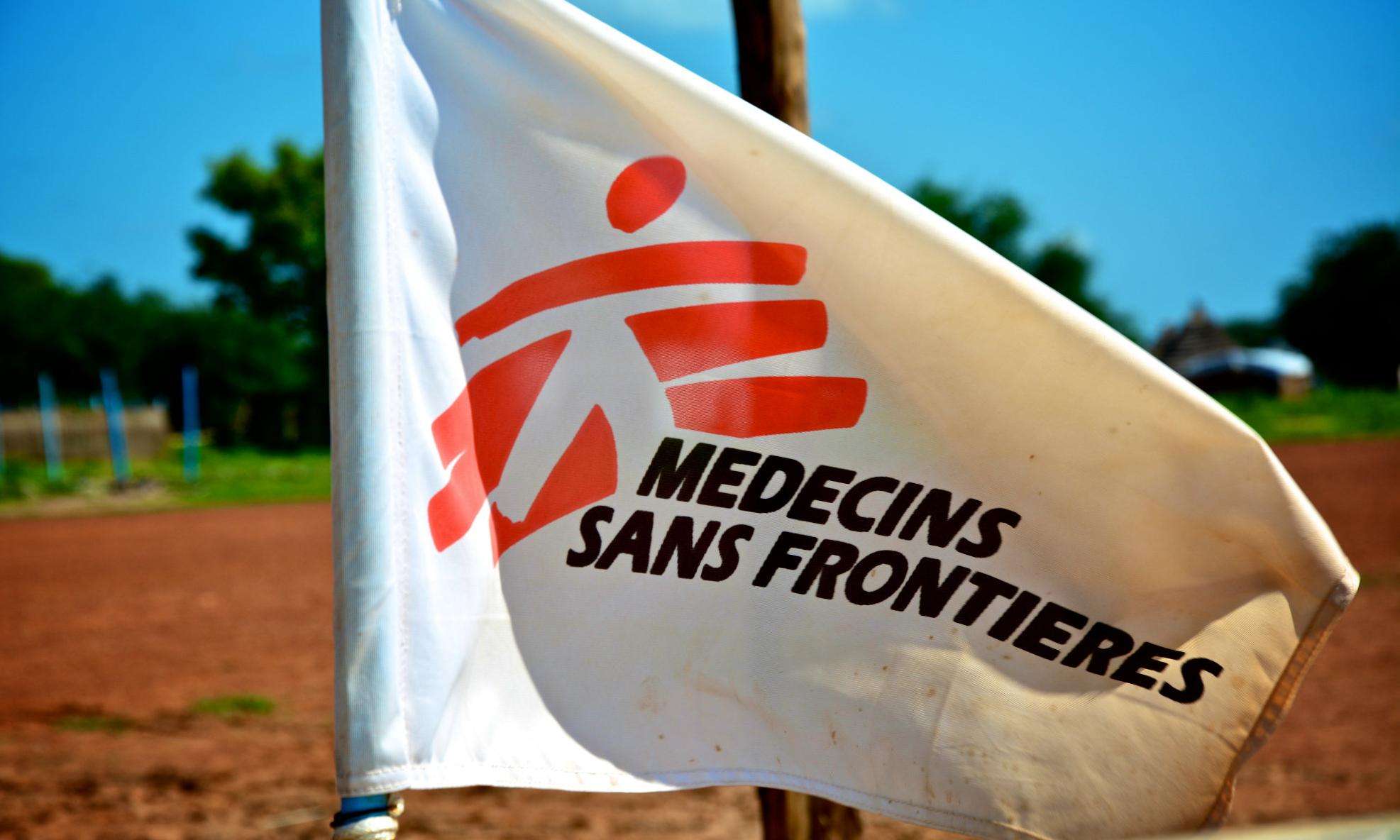Given the massive amount of taxpayer money going into COVID-19 products, pharmaceutical corporations—including Moderna—should not seek or enforce any intellectual property protections during or after the pandemic ends
NEW YORK, OCTOBER 8, 2020—US-based pharmaceutical corporation Moderna's announcement today to not enforce patents on its COVID-19 vaccine throughout the duration of the pandemic will not ensure broad access for everyone who needs it, said the international medical humanitarian organization Doctors Without Borders/Médecins Sans Frontières (MSF).
To truly make an impact and help curb the spread of COVID-19, pharmaceutical companies must agree to not enforce any intellectual property (IP) on COVID-19 tools at any point—not just patents—since know-how, technology, and other components of vaccine development and manufacturing can still be protected under IP rules. These components are also barriers for alternative manufacturers that want to make more affordable versions of Moderna’s vaccine and, if they remain in place, will likely keep vaccines out of the hands of people all over the world.
“Each and every day at MSF we see people suffering because they don’t have the medicines and vaccines they need,” said Kate Elder, senior vaccines policy advisor for MSF’s Access Campaign. “Moderna’s announcement to not enforce patents during the pandemic might be enough to get good press, but it isn’t enough to make sure people will have access to this vaccine at an affordable price. Vaccines will be needed long after the pandemic is declared over, so limiting the time they will not enforce their patent could cost lives. Considering the far-reaching effects of this pandemic and the tremendous public funding that went into developing these vaccines, no pharmaceutical corporation, including Moderna, should enforce any IP protections on COVID-19, now or later.”
Additionally, it’s concerning that recent pharmaceutical corporation agreements leave companies to decide on their own when the pandemic is over. AstraZeneca, for example, said it won’t profit off the pandemic but has also given themselves the freedom to "end" the pandemic as early as July 2021—a time when it’s likely the vaccine will still be in high demand and quite profitable for companies.
“Allowing pharmaceutical corporations to decide when this pandemic is over is dangerous for global health,” Elder said. “Letting companies set their own timelines could leave people all over the world without protection against COVID-19 while pharma lines its pocketbooks. The pandemic won’t be over for anyone until it ends for everyone—and it won’t end anytime soon if people can’t access vaccines to prevent themselves from getting sick in the first place.”
Ensuring broad access to any vaccine that hits the market is especially critical considering the massive amount of taxpayer money that has been given to pharmaceutical corporations by the US government without any strings attached. So far, Moderna has received more than $2.48 billion from the US government.
“Moderna acknowledges that the public already paid for this potential vaccine—why aren’t we guaranteed access past the end of the pandemic?” said Dana Gill, US policy advisor for MSF’s Access Campaign. “If Moderna and other pharmaceutical companies truly want their COVID-19 medicines, vaccines, and tests to benefit people, they should not enforce any patents or keep their knowledge to themselves. Instead, they should make it easier for other manufacturers to make enough doses to ensure no one in the world is left behind.”
Since the pandemic was declared, pharmaceutical corporations have thrown up roadblocks in response to any genuine effort to share COVID-19 technologies globally through supporting a diversified manufacturing and supply base. Governments must be prepared to suspend and override patents and other IP, as well as to take other measures, such as price controls, to ensure availability and reduce prices. Mandatory measures would save more lives from this disease caused by a novel coronavirus.
Just last week, South Africa and India asked the World Trade Organization (WTO) to allow all countries to choose to not grant or enforce any patents and other IP related to COVID-19 drugs, vaccines, and diagnostics until global herd immunity is achieved—an action MSF is calling on all governments to support. This landmark move would remove IP barriers and allow generic and biosimilar manufacturers to immediately make more affordable versions of these products without waiting years or decades for pharmaceutical patents to expire.
There has already been an astonishing number of patents filed for COVID-19 vaccines in development, including more than 100 for the mRNA platform technology being used by Moderna to develop a vaccine. Over the years, MSF has documented the chilling effect of patents in hindering the introduction of affordable vaccines in developing countries, like the pneumonia and human papillomavirus vaccines.




